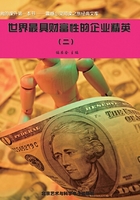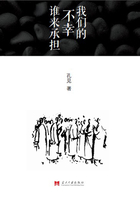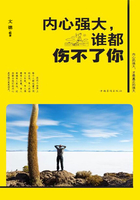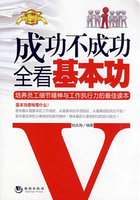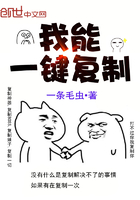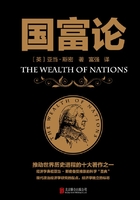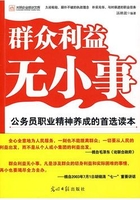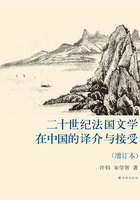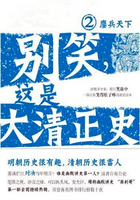We forget now,but during his life,Dr.King wasn’t always considered a unifying figure.Even after rising to prominence,even after winning the Nobel Peace Prize,Dr.King was vilified by many,denounced as a rabble rouser and an agitator,a communist and a radical.He was even attacked by his own people,by those who felt he was going too fast or those who felt he was going too slow;by those who felt he shouldn‘t meddle in issues like the Vietnam War or the rights of union workers.We know from his own testimony the doubts and the pain this caused him,and that the controversy that would swirl around his actions would last until the fateful day he died.
I raise all this because nearly 50years after the March on Washington,our work,Dr.King’s work,is not yet complete.We gather here at a moment of great challenge and great change.In the first decade of this new century,we have been tested by war and by tragedy;by an economic crisis and its aftermath that has left millions out of work,and poverty on the rise,and millions more just struggling to get by.Indeed,even before this crisis struck,we had endured a decade of rising inequality and stagnant wages.In too many troubled neighborhoods across the country,the conditions of our poorest citizens appear little changed from what existed 50years ago——neighborhoods with underfunded schools and broken-down slums,inadequate health care,constant violence,neighborhoods in which too many young people grow up with little hope and few prospects for the future.
Our work is not done.And so on this day,in which we celebrate a man and a movement that did so much for this country,let us draw strength from those earlier struggles.First and foremost,let us remember that change has never been quick.Change has never been simple,or without controversy.Change depends on persistence.Change requires determination.It took a full decade before the moral guidance of Brown v.Board of Education was translated into the enforcement measures of the Civil Rights Act and the Voting Rights Act,but those 10long years did not lead Dr.King to give up.He kept on pushing,he kept on speaking,he kept on marching until change finally came.(Applause.)
And then when,even after the Civil Rights Act and the Voting Rights Act passed,African Americans still found themselves trapped in pockets of poverty across the country,Dr.King didn‘t say those laws were a failure;he didn’t say this is too hard;he didn‘t say,let’s settle for what we got and go home.Instead he said,let‘s take those victories and broaden our mission to achieve not just civil and political equality but also economic justice;let’s fight for a living wage and better schools and jobs for all who are willing to work.In other words,when met with hardship,when confronting disappointment,Dr.King refused to accept what he called the“isness”of today.He kept pushing towards the“oughtness”of tomorrow.
And so,as we think about all the work that we must do——rebuilding an economy that can compete on a global stage,and fixing our schools so that every child-not just some,but every child-gets a world-class education,and making sure that our health care system is affordable and accessible to all,and that our economic system is one in which everybody gets a fair shake and everybody does their fair share,let us not be trapped by what is.(Applause.)We can‘t be discouraged by what is.We’ve got to keep pushing for what ought to be,the America we ought to leave to our children,mindful that the hardships we face are nothing compared to those Dr.King and his fellow marchers faced 50years ago,and that if we maintain our faith,in ourselves and in the possibilities of this nation,there is no challenge we cannot surmount.
And just as we draw strength from Dr.King‘s struggles,so must we draw inspiration from his constant insistence on the oneness of man;the belief in his words that“we are caught in an inescapable network of mutuality,tied in a single garment of destiny.”It was that insistence,rooted in his Christian faith,that led him to tell a group of angry young protesters,“I love you as I love my own children,”even as one threw a rock that glanced off his neck.
It was that insistence,that belief that God resides in each of us,from the high to the low,in the oppressor and the oppressed,that convinced him that people and systems could change.It fortified his belief in non-violence.It permitted him to place his faith in a government that had fallen short of its ideals.It led him to see his charge not only as freeing black America from the shackles of discrimination,but also freeing many Americans from their own prejudices,and freeing Americans of every color from the depredations of poverty.
And so at this moment,when our politics appear so sharply polarized,and faith in our institutions so greatly diminished,we need more than ever to take heed of Dr.King’s teachings.He calls on us to stand in the other person‘s shoes;to see through their eyes;to understand their pain.He tells us that we have a duty to fight against poverty,even if we are well off;to care about the child in the decrepit school even if our own children are doing fine;to show compassion toward the immigrant family,with the knowledge that most of us are only a few generations removed from similar hardships.(Applause.)


